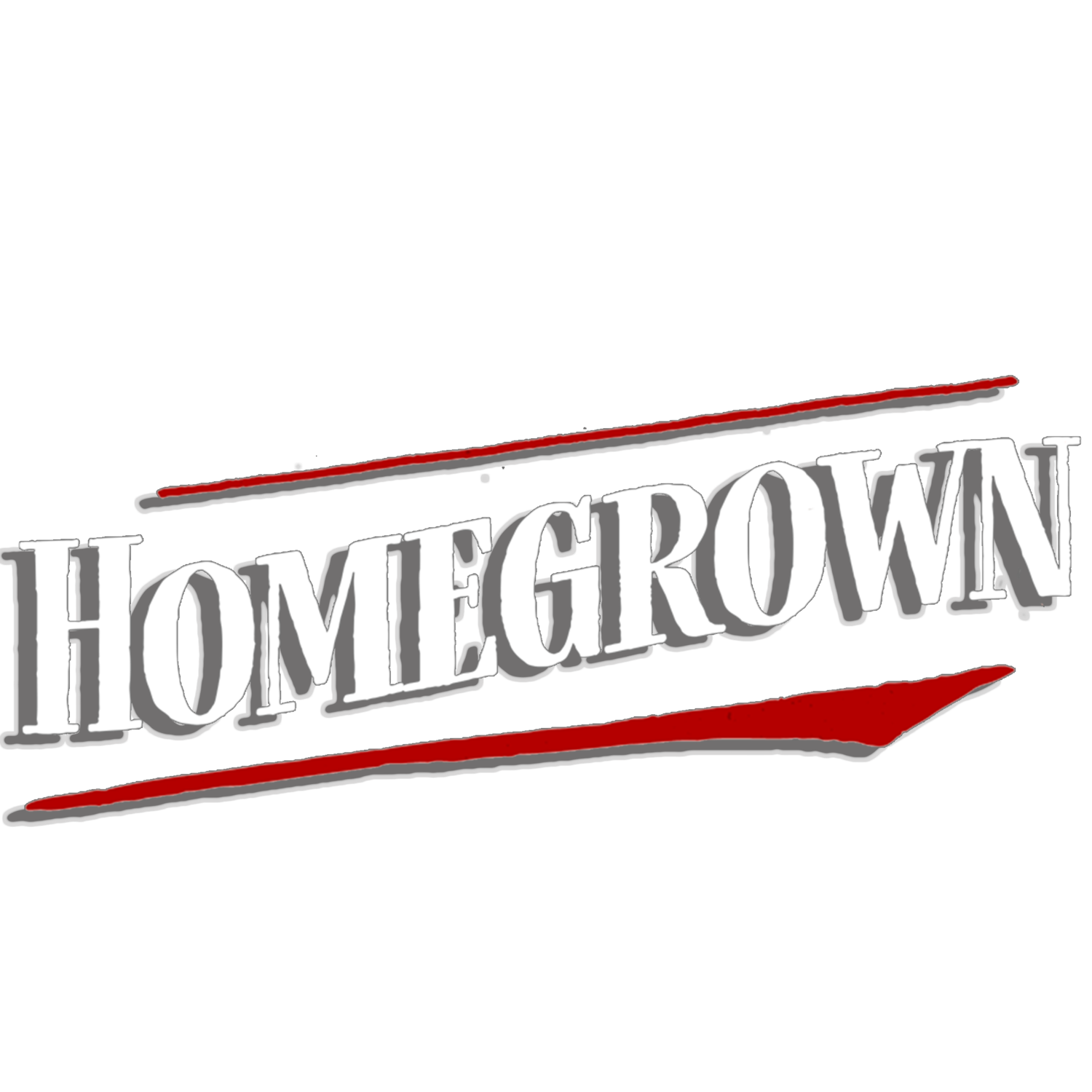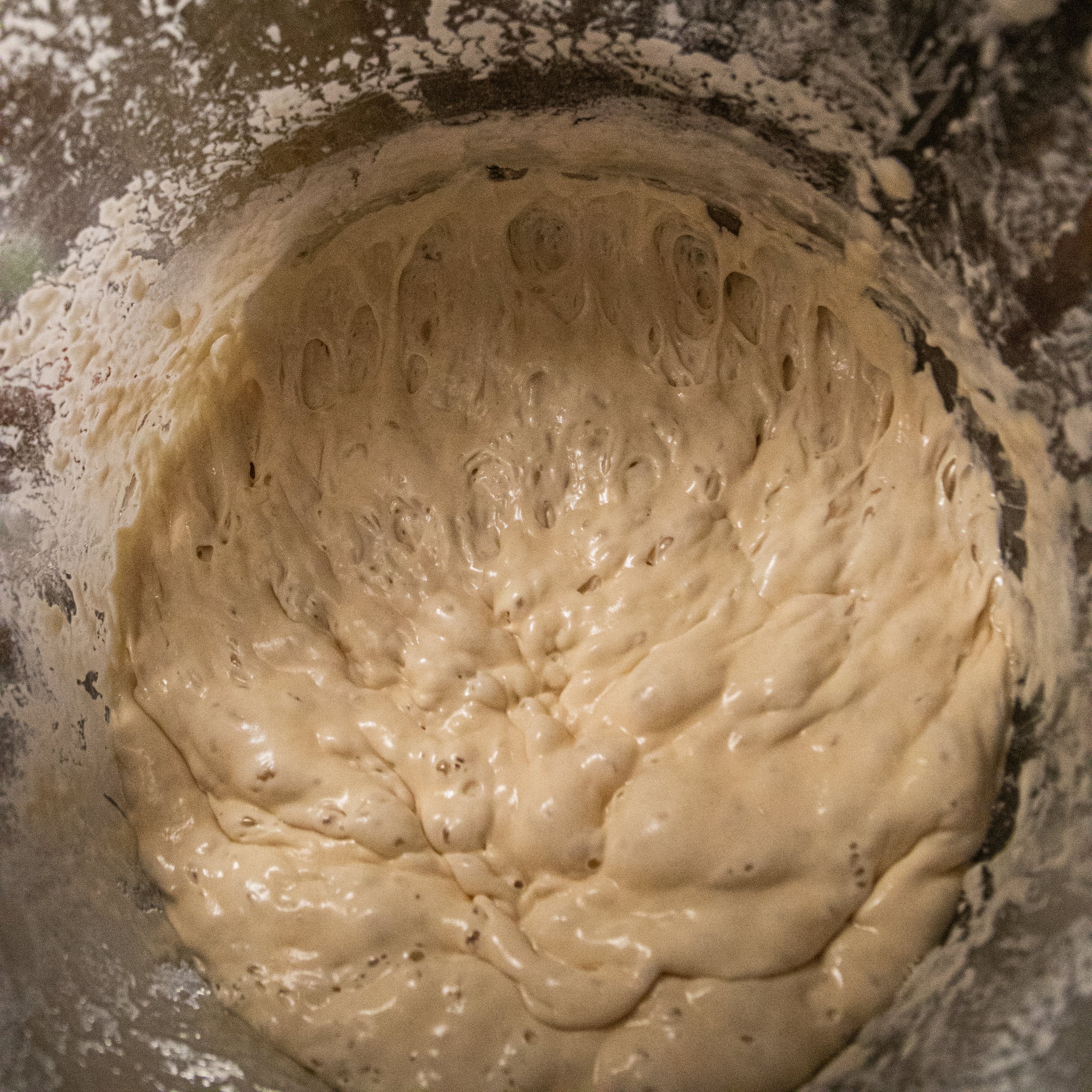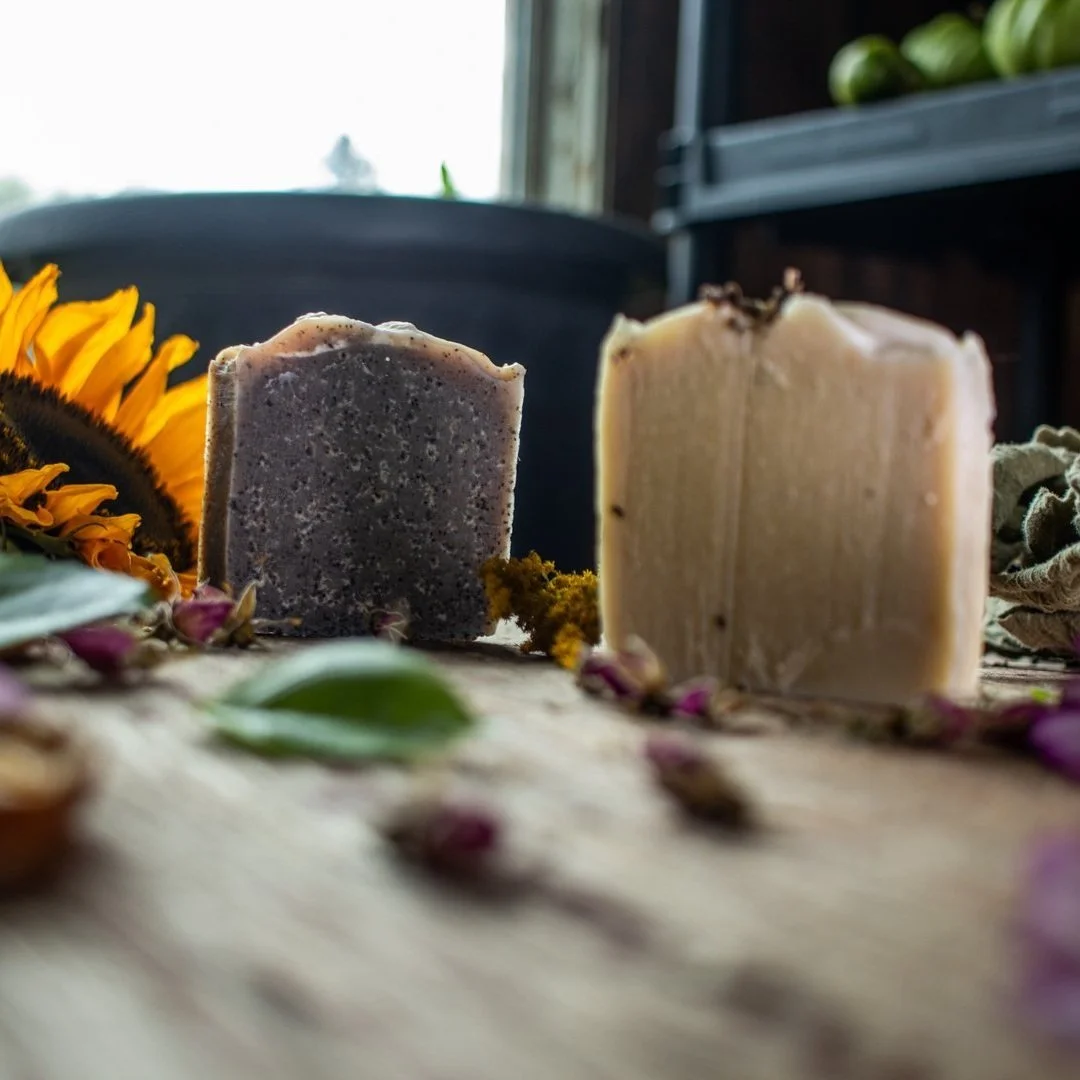The Truth about Essential Oils: Rediscovering Ancient Remedies
Essential oils have been part of my life for years. I was introduced to them as a child when mom would burn peppermint in the mornings to help wake us up, and like any good mother in the 90s she treated us with “natural” remedies like echinacea and thevies oil. I always thought it was bogus and placebo, but it wasn’t until later in life and in recent years that I started doing research and learning about the true power of oils and the vast evidence of their uses.
In popular culture, essential oils were often viewed with skepticism and dismissed as pseudoscience. However, in recent years, extensive research has shed light on their potential benefits. It is crucial to delve into the historical context and stories behind these oils to comprehend their true value. Humans, by nature, are influenced by various chemical compounds, such as pheromones, which can impact our bodies in ways we may not fully comprehend.
Our understanding culturally of essential oils is rooted in their historical use as medicinal remedies, particularly in indigenous cultures. These oils have a wide range of properties, including antibacterial, antiviral, and insecticidal effects. They have been used in agriculture in recent years to protect crops from pests and have been trusted as natural medicines in various traditions for thousands of years.
Theives Oil:
One of the most well-known blends, likely the most popular is Thieves oil. Theives oil is a mix of clove, lemon, cinnamon, eucalyptus, and rosemary. Legends tell us that thieves during the time of plagues would rob the homes of the sick without falling ill themselves.
People were baffled that these theives could get away with what they were doing without getting sick. The thieves' secret was believed to lie in their exposure to these valuable oils of the time; which makes sense. clove and cinnamon are now well known to possess antibacterial properties, and eucalyptus is known for its calming effects. The combination of these oils illustrates the potential power of essential oil mixtures.
While essential oils offer numerous benefits, it is essential - pun intended - to approach them with a realistic mindset. Falling into the trap of considering them “cure-alls” can lead to misconceptions. History is filled with instances where society clung to a singular idea, be it opium, cocaine, or even today where cannabis (marijuana) is toted for its apparent benefits for EVERYTHING. It is important to remember that everything should be used in moderation, including essential oils; however, although they’re not a cure-all they, like other natural remedies, certainly have their place - especially in your medicine cabinet.
Over the past few yeras we’ve seen a definite cultural shift when it comes to natural remedies: including oils. Now that there is a skeptecisim that blankets modern medicine more and more people are seeking out ancient medicine and more natural remedies. As essential oils gain more prominence, people are gravitating toward natural alternatives for improving their well-being. Apart from their aromatic qualities (smelling nice), essential oils have been found to boost energy (peppermint), relieve stress (lavender), fight infestations(tea tree oil) - many, would remember their hair being doused with tea tree oil as a kid to ward off lice! The benefits of oils extend beyond pleasant scents, and as we delve deeper into ancient medicinal practices like Chinese and Ayurvedic medicine, we can see that there is a wealth of knowledge we have lost.
The pharmaceutical industry's influence and flagrant monetary gains have steered many people away from modern medince. However, many healthcare professionals are reevaluating their approaches. A doctor I recently spoke with admited to lacking comprehensive education on nutrition, she said they relyi heavily on dietitians for that aspect of patient care; which makes sense! However, for years we’ve idolized doctors as proverbial “gods” and know-it-alls when it comes to ailments and it’s hard for some people, us included, to think that maybe doctors don’t have all the answers and perhaps some of the medicines that have been vilified and gawked at in popular culture have been useful all along. It prompts us to question the dominant medical paradigm and explore other viable options.
Of course, I’d be remiss if I didn’t mention the broader spectrum of health: envrioment. Environmental factors play a significant role in our overall health and well-being and is arguably the most important thing to address when looking at overall wellness. Essential oils offer a way to purify our surroundings, combating issues like mold, dust, and pollution. By aerosolizing or diffusing these oils, we create an environment that supports our bodies' natural defenses.
The resurgence of essential oils in modern times is a testament to the timeless power of natural remedies. As we rediscover the wisdom of ancient traditions, we begin to appreciate the potential health benefits these oils offer. From their historical use in indigenous cultures to their scientifically supported properties, essential oils have proven to be more than just pleasant aromas.
While essential oils should not be viewed as a magical cure-all, they do provide a valuable addition to our wellness routines. Incorporating essential oils into our lives can enhance our well-being, support our immune systems, and create a healthier environment. However, it is essential to approach their use with moderation, understanding that they are complementary tools rather than substitutes for professional medical care.
Here are a few essential oils that you may consider trying:
Lavender:
Known for its calming and relaxing properties, lavender oil can help reduce stress and promote better sleep. It can also be used topically for minor skin irritations.
Peppermint:
With its invigorating scent, peppermint oil can boost energy and promote mental clarity. It is often used for its cooling and soothing effects on headaches and muscle tension.
Tea Tree:
Recognized for its antimicrobial and antiseptic properties, tea tree oil is commonly used for skin issues such as acne, cuts, and fungal infections. It can also be added to cleaning products for its natural disinfectant properties.
Eucalyptus:
Eucalyptus oil is known for its respiratory benefits and is often used to alleviate congestion and support respiratory health. It can be diffused or added to steam inhalation.
Lemon:
With its refreshing and uplifting scent, lemon oil can help boost mood and promote a sense of cleanliness. It is also used in natural cleaning products for its purifying properties.
Remember to choose high-quality, pure essential oils from reputable sources to ensure their effectiveness and safety. It is also advisable to consult with a healthcare professional, particularly if you have any existing health conditions or are pregnant or breastfeeding.
By incorporating these natural remedies into our lives, we embrace the power of essential oils and open ourselves to a holistic approach to well-being. Let us honor the wisdom of ancient practices while appreciating the advancements of modern science, finding harmony in the best of both worlds.
Ps: While writing this we received some oils and salves from Fleur de Lune and the synchronicity is too strong not to share. Check them out!

































